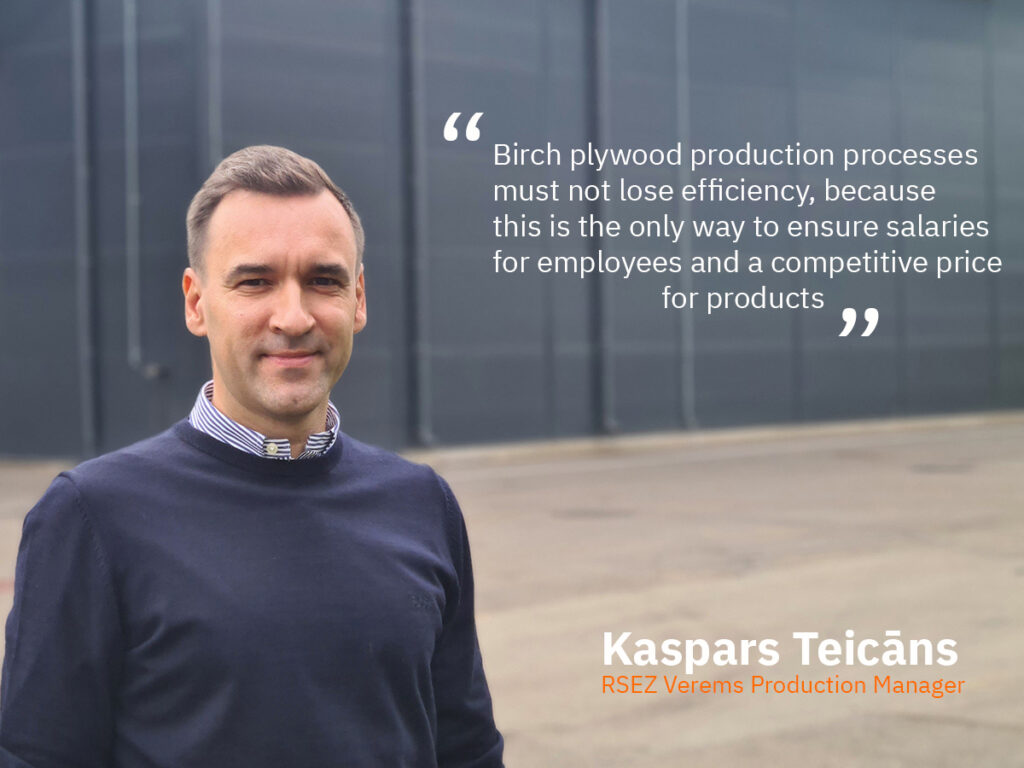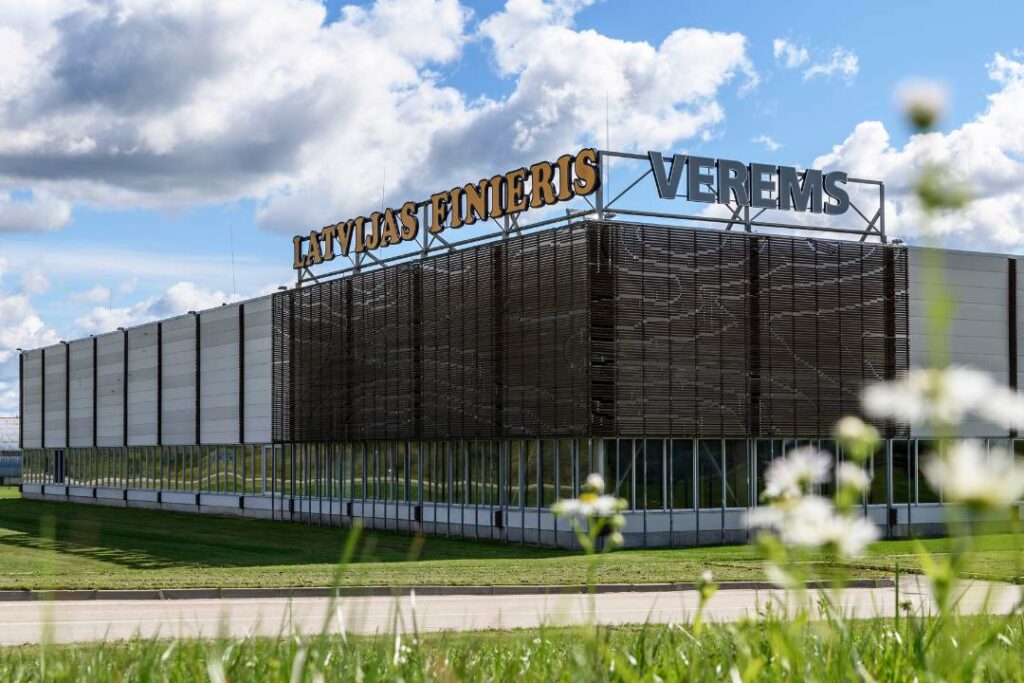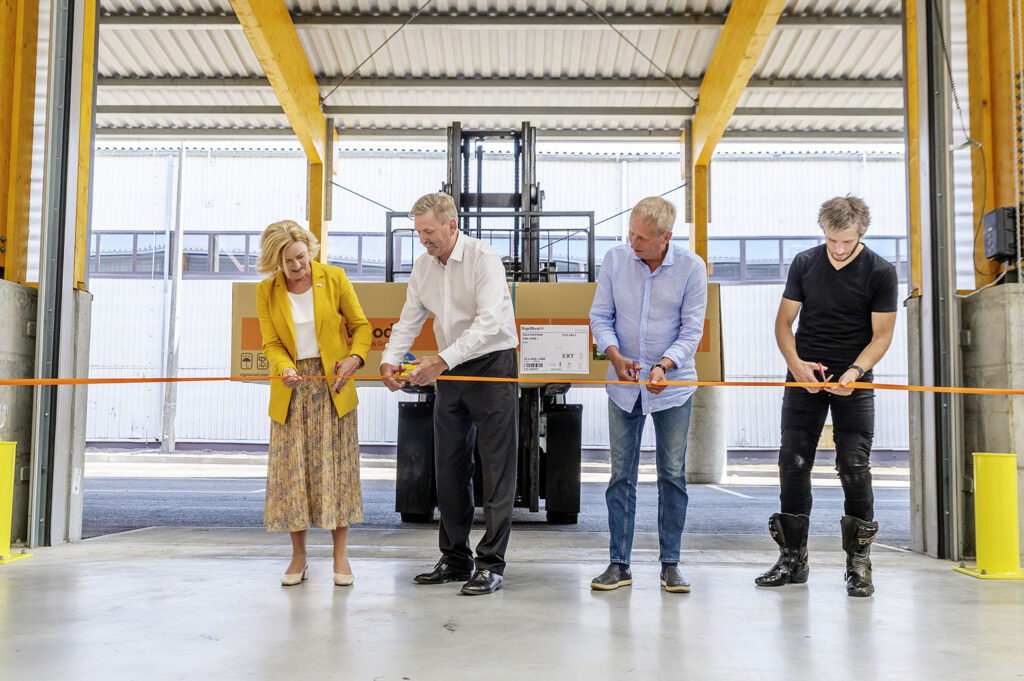The rapid rise of the prices of energy resources suggests a change in habits not only at the level of households, but also at the level of businesses. Decisions have also been made within the Latvijas Finieris Group to promote saving of energy resources, to not lose efficiency in production and to be able to keep promises given to customers.
Adjustment of production processes in mills
Monitoring of electricity prices and close cooperation with shift managers at all mills of Latvijas Finieris allow adjustment and re-planning of production processes in order to reduce birch plywood production costs, at least partially. The responsibility of Latvijas Finieris as an reliable cooperation partner, is to find opportunities for saving resources. As mentioned by Kaspars Teicāns, RSEZ Verems production manager: “Birch plywood production processes must not lose efficiency, because this is the only way to ensure salaries for employees and a competitive price for products. Following stock market prices, production processes and technical maintenance are adjusted and rescheduled as far as possible. Decisions must be made quickly – production plans for the next day are often changed if the electricity exchange price reaches the ceiling, endangering efficient production.” Most of the production machinery at the Verems mill is equipped with electricity meters, which allow monitoring the amount of energy consumed and assessing whether the current exchange prices of the day allow continuation of work. At the same time, the saving of energy resources should not negatively affect the quality or the delivery of birch plywood.
Proactive actions to normalise the situation
In addition to energy saving and promotional activities for energy independence within the company, active negotiations are ongoing externally with direct energy resource suppliers for adequate price fixing and queuing up for state support for energy-intensive companies. The Baltic region provides approximately half of the entire European birch plywood market, which imposes a responsibility to continue production and not lose efficiency.




